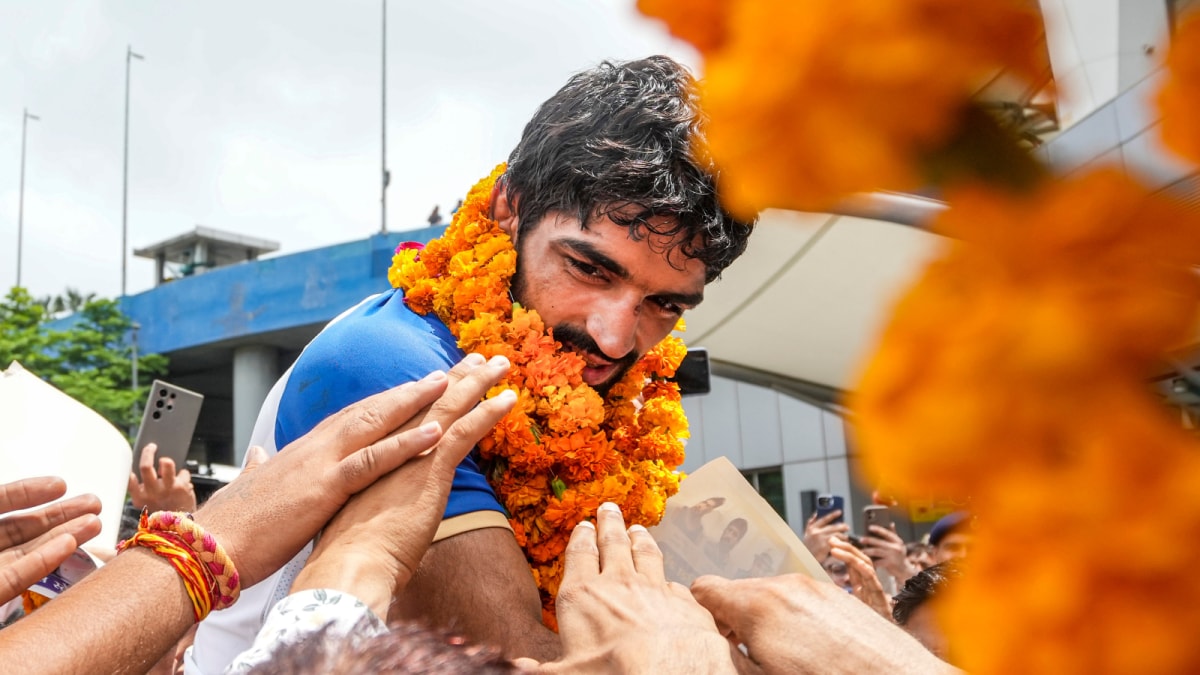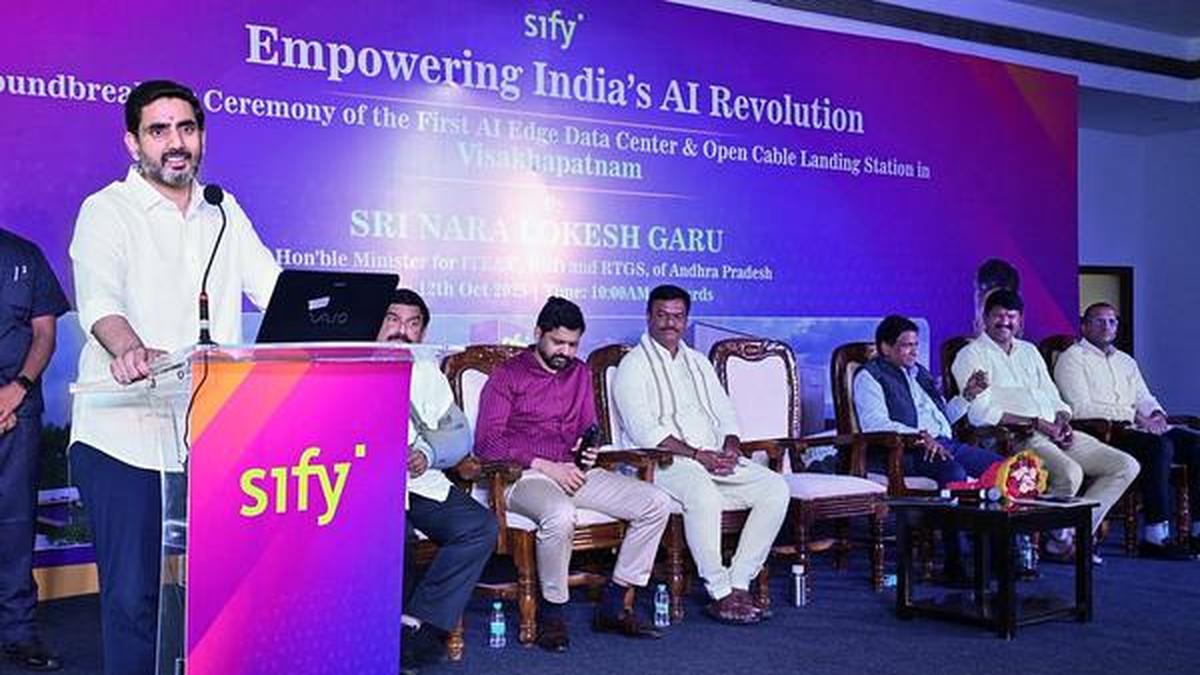 Portugal's Cristiano Ronaldo, Argentina's Lionel Messi and Croatia's Luka Modric in picture. (Photo: REUTERS)
Portugal's Cristiano Ronaldo, Argentina's Lionel Messi and Croatia's Luka Modric in picture. (Photo: REUTERS)
Nilton Santos, the Brazilian full-back of two World Cup winning sides, had the looks of a matinee idol. Tall, square-shouldered and with a pencil moustache, he pioneered the attacking full-ball role, although he was more famous for leading a group of colleagues to the cabin of manager Vicente Feola and demanding the inclusion of a certain bow-legged winger from Pau Grande for the 1958 World Cup. The manager relented, and thus the legend of Garrincha was born. On Garrincha’s debut, both made the Soviet Union defenders run circles around them, and weeks later architected Brazil’s maiden World Cup triumph. Four years on, Brazil defended the crown, and Santos was again at the forefront. He was two months into his 38th year, and till date holds the record of the oldest outfield player to lift the trophy.
Three stalwarts of this era, two of them immortals, could gun to make the record their own, even if Santos’s name would hardly register in their head. Perhaps, Cristiano Ronaldo would. He is obsessively number-conscious. He corrects clumsy reporters for statistical aberrations. He picks up fights with referees in the Saudi Pro League for cancelling goals by the barest off-side margins. He kicked the turf when Ireland goalkeeper Caoimhin Kelleher’s trailing left-leg deflected his spot kick to safety and denied the 950th goal of his career. He revels in his number, the goals, trophies, Ballon d’Or, awards, YouTube subscribers. Zero is the number he abhors. It is also the number of World Cups he has won. When the next World Cup rises over the North American horizon, he would be six months past his 41st birthday. Should he conquer the lone elusive shore of his career, his El Dorado, he could eclipse even Dino Zoff, the indomitable Italian goalkeeper, who was 40 when he became a World Cup winner.
It’s not his dream any more; it’s the meaning of his remaining footballing life. His irrevocable destiny. His legacy, he more than anyone else would think, would remain imperfect. He has lost his speed, his reflexes rebel, but the fire still burns. At almost every interaction, be it in Arabia or America or Europe, he is compelled to answer the question on his World Cup ambition. The answer has almost been the same, a verbal twist here or there. In his latest, in an interview to Canal, he said: “People, especially my family, say: ‘It’s time for you to stop. You’ve done everything. Why do you want to score a thousand goals? But I don’t think so. I think I’m still producing good things, I’m helping my club and the national team, and why not keep going? I’m sure that when I finish, I’ll be fulfilled, because I gave it my all. I know I don’t have many more years, but the few I have, I try to enjoy to the fullest.”
Story continues below this ad
Unlike several other European sides that had pushed legends far younger than Ronaldo to hurried farewells, Portugal coach Roberto Martinez has seldom doubted his contributions to the team. “For us he is a goalscorer, someone who can make that final move, someone who can really stretch defenders, really open spaces. Obviously, over the years Cristiano has changed his way of playing slightly, but I can only say that Cristiano is in the national team on merit and the numbers are there to back that up,” he said.
He often employs him as a lone striker, in a 4-2-3-1. Ronaldo does slow the game down, especially when pressing, but Portugal makes up for it with the gut-wrenching industry of Bruno Fernandes, Vintinha, and Ruben Neves (when fit the remarkable Joao Neves too). With the covetous depth on the bench, Martinez could sustain the energy with like-for-like replacements. “The moment he feels he is not good enough, he will step aside. He is a proud man and knows his game more than anyone else,” Martinez would say.
As would his great (or greater?) competitor Lionel Messi. He had already crushed the hearts of his devotees, saying that he would not feature in any international friendlies till the World Cup. “It’s about taking it one day at a time, trying to feel good, and above all being honest with myself. When I feel good, I enjoy it. When I don’t, honestly, I suffer, and I’d rather not be there. So we’ll see.”
 Lionel Messi has fulfilled his World Cup winning ordainment, but to savour the success again would linger. (Photo: AP)
Lionel Messi has fulfilled his World Cup winning ordainment, but to savour the success again would linger. (Photo: AP)
He has fulfilled his World Cup winning ordainment, but to savour the success again would linger. Desire breeds desire. He has left his fans (which probably accounts for half the world) in nail-spitting suspense. But America would pray he plays for the obvious commercial upturn he promises. Without Ronaldo and Messi, the most enthralling football rivalry of all times, the equivalent of Roger Federer and Rafael Nadal, or Mohammed Ali and George Foreman, the tournament loses not only glamour but also a slice of its soul. A sudden void would brim into life. Argentina coach Lionel Scaloni, though, is preparing for life after Messi. He has been fastidiously grooming Atletico Madrid’s Thiago Almada and Real Madrid teenager Franco Mastantuono into the No 10 role. Scaloni’s men are tactically flexible. In the 2022 World Cup, he employed four different formations, using a never-before-used 4-3-3 in the final against France too.
Story continues below this ad
Unlike Argentina and Portugal, Croatia’s midfield coffers are not overflowing with riches. Even if they had been, Luka Modric remains irreplaceable. Talks of retirement swirled after the Euro 2024 and Real Madrid exits, but he has been clear about his dream to go one step further than what his team performed in 2018. “My goal is clearly to play in the World Cup next year, but first, we have to qualify. I don’t look too far ahead. The important thing is to live in the present and do things right,” he said at the start of the season.
Besides, a month into his 41st year, he has set the Serie A afire. He has made more touches and shot more frequently than any of his AC Milan teammates. His vision to plot a move remains intact. The pass is as precise and well-weighted as in his prime. The outside of his boot still has the vim and whip of an axe. He lasts 90 minutes without panting, he remains the team’s talisman, and is arguably more indispensable to Croatia than Messi and Ronaldo are to Argentina and Portugal.
Some legends make a parody of themselves in the late autumn of their career. But not the golden trio in their golden sunset. The record and ghosts of Santos looms.
.png)
.png) 17 hours ago
12
17 hours ago
12








 English (US) ·
English (US) ·